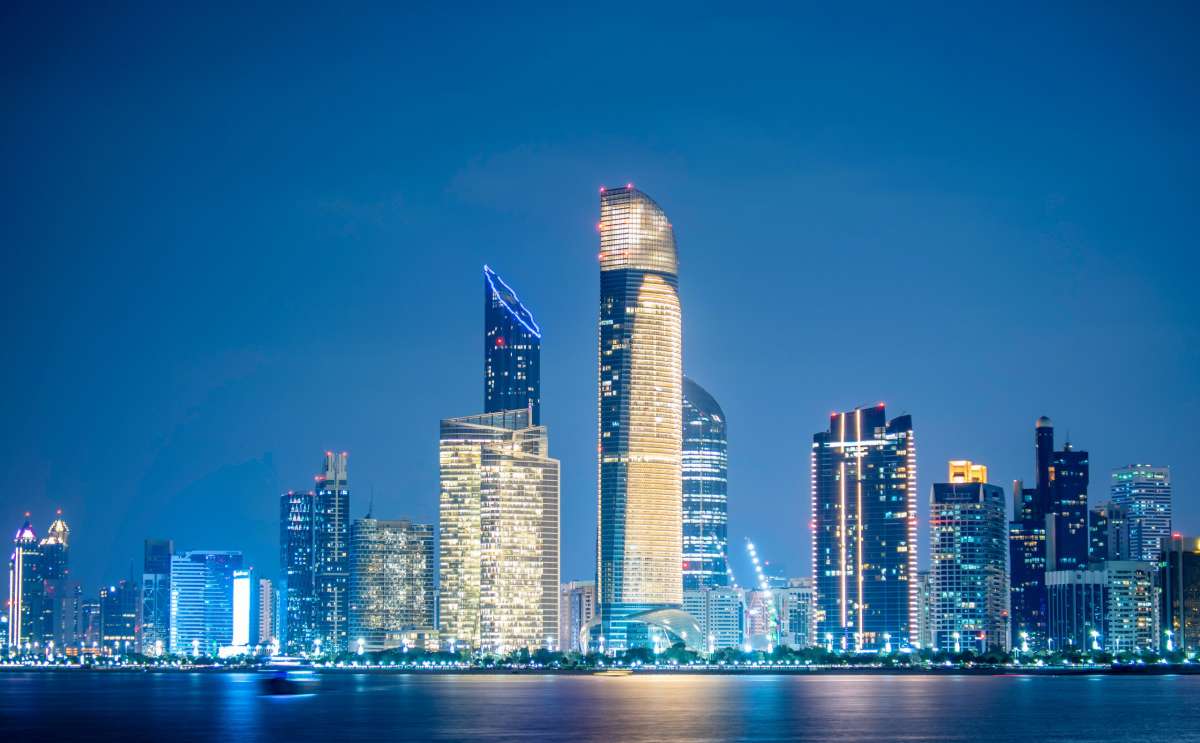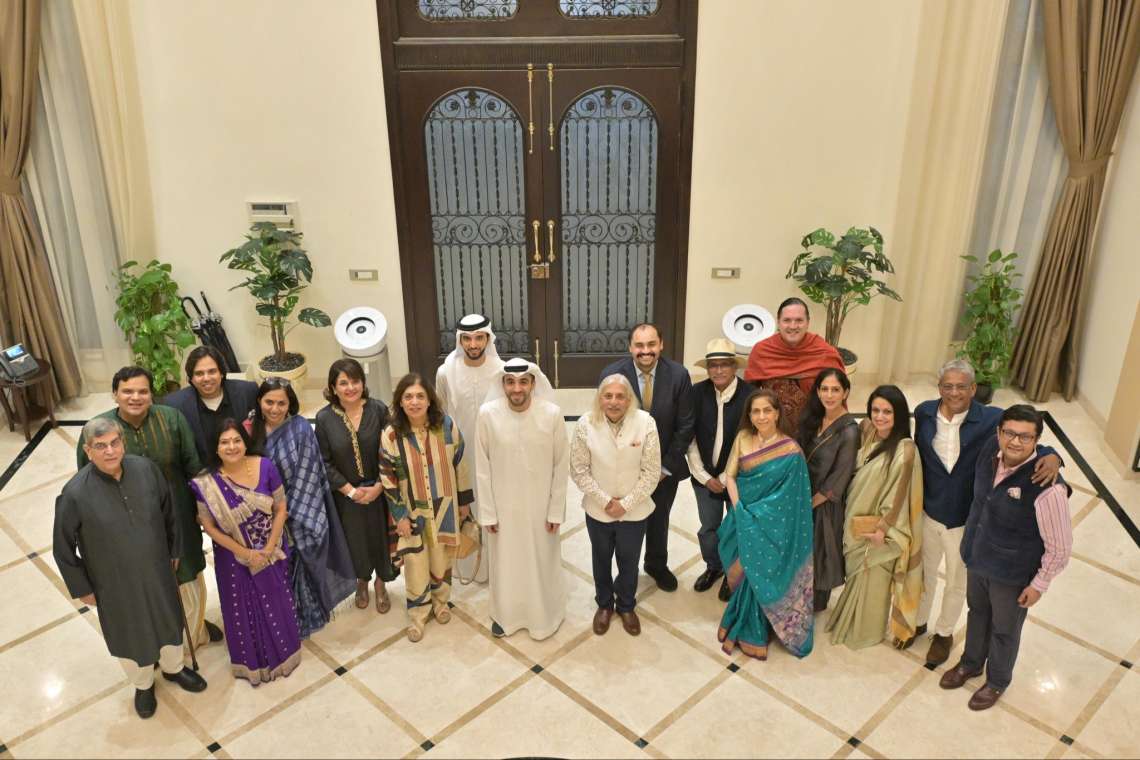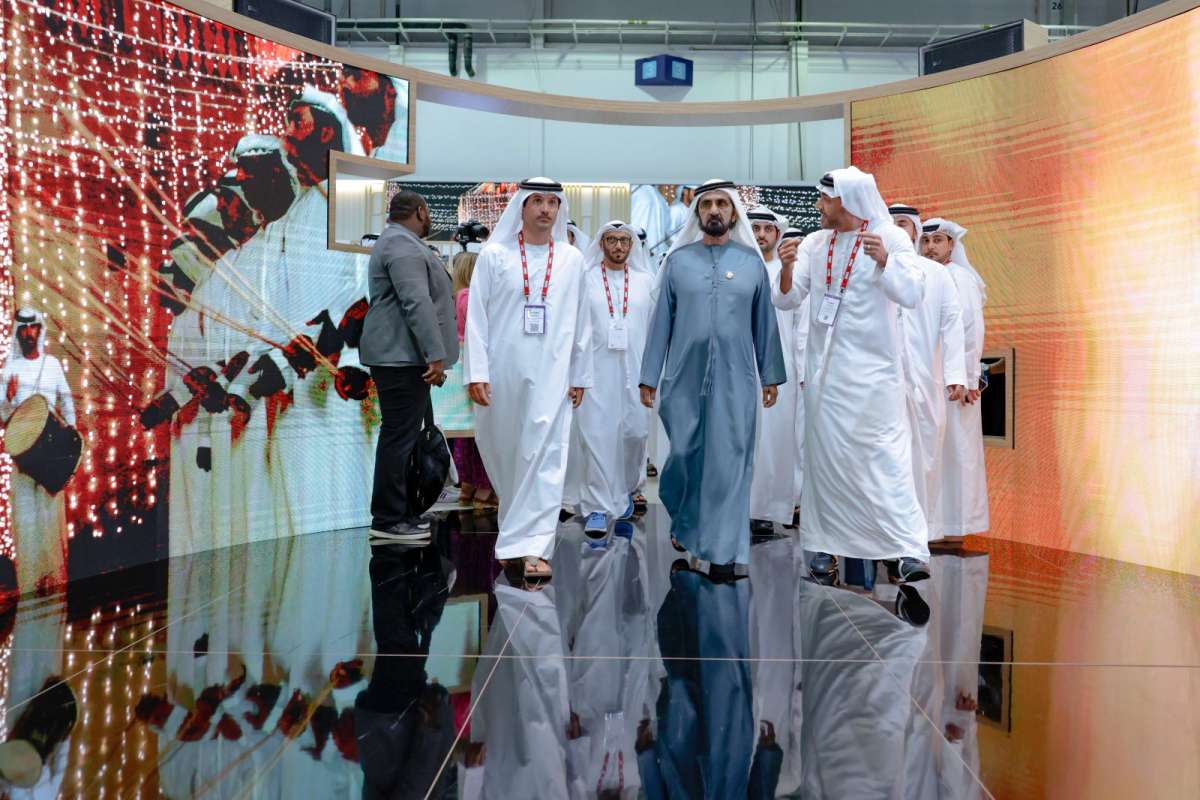Mohammed Ali Al Shorafa, Chairman of the Department of Municipalities and Transport (DMT), expressed his pride in Abu Dhabi’s ranking as the smartest city in the region.
For the third consecutive year, Abu Dhabi ranked as the smartest city in the Middle East and North Africa (MENA) region for 2023, according to the IMD Smart City Index released by the International Institute for Management Development (IMD) in Switzerland in collaboration with the Singapore University of Technology and Design (SUTD).
The International Institute for Management Development (IMD) has released its annual study on smart city development, surveying 120 residents in 118 cities worldwide. Abu Dhabi surpassed several international capitals to rank 13th globally out of the 141 cities included in the current ranking. The study evaluated current infrastructure and digital services available to residents, relying on variables related to residents’ perception and interaction with government efforts in five main pillars: health and safety, mobility, activities, opportunities (work and education system), and governance.
Mohammed Ali Al Shorafa, Chairman of the Department of Municipalities and Transport (DMT), expressed his pride in Abu Dhabi’s ranking as the smartest city in the region.
He said: “Abu Dhabi’s leadership in this field is a translation of the leadership’s vision and commitment to supporting the digital transformation journey and utilising it to serve the community and enhance its well-being and quality of life. Through employing next-generation technologies such as artificial intelligence and the Internet of Things (IoT), and developing smart city initiatives across various societal, service, and economic sectors, including public and smart transportation, Abu Dhabi has been able to establish itself as a smart and sustainable city, and one of the best global destinations to live, work, and visit.”
Al Shorafa added: “At DMT, we are working diligently to harness technology and utilise it to enhance the quality of life for citizens and residents in the Emirate of Abu Dhabi. We will continue to work to build on the momentum of achievements to enhance Abu Dhabi’s leadership in this field.”
Smart cities contribute to the development of many key sectors in the emirate, such as the smart transportation sector and the smart economy, which is based on advanced software that helps develop many sectors such as supply, delivery, and joint support services.
Additionally, interactive platforms are built with the public to identify their needs and aspirations and interact with them transparently, placing them at the centre of government work, in addition to developing and facilitating access to services for citizens.
The Smart Cities Index issued by IMD is considered an important reference for international organisations, decision-makers, and institutions to measure the impact of national strategies in enhancing levels of welfare, achieving progress, and promoting the quality of life for people.
ALSO READ: Abu Dhabi aims to attract 24 million visitors this year














